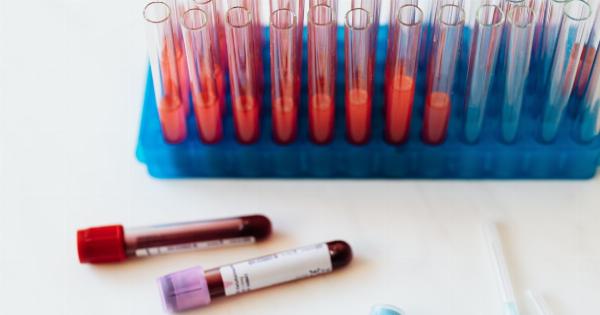Hypertension, also known as high blood pressure, is a common condition that affects millions of people worldwide.
The condition occurs when the force of blood flowing through the blood vessels is consistently too high, which can cause damage to the vessels and other organs in the body over time. Hypertension is often called a “silent killer” because it doesn’t usually cause any symptoms until it has already caused damage to important organs like the heart and kidneys.
What causes hypertension?
There are many factors that can contribute to the development of hypertension. Some of the most common include:.
- Age – the risk of developing hypertension increases as we get older
- Family history of hypertension
- Being overweight or obese
- Being physically inactive
- Smoking
- High levels of stress
- Having high levels of salt (sodium) in the diet
- Drinking too much alcohol
- Medical conditions like diabetes, kidney disease, and sleep apnea
Why is hypertension dangerous?
Hypertension can lead to serious health problems if left untreated.
Over time, the force of blood pushing against the walls of the blood vessels can cause damage to the vessels themselves, as well as to important organs like the heart, kidneys, and brain. Some of the potential complications of hypertension include:.
- Heart attack
- Stroke
- Heart failure
- Kidney disease
- Vision loss
- Peripheral artery disease
- Dementia
How is hypertension diagnosed?
The only way to know if you have hypertension is to have your blood pressure checked regularly. Blood pressure is measured using two numbers: systolic pressure (the top number) and diastolic pressure (the bottom number).
A normal blood pressure reading is usually around 120/80 mmHg. Hypertension is diagnosed when the blood pressure consistently measures at or above 140/90 mmHg.
If your doctor suspects that you have hypertension, they may ask you to monitor your blood pressure at home over a period of time to get a more accurate picture of your readings.
They may also recommend additional tests to check for damage to your organs or to rule out any underlying medical conditions that may be contributing to your hypertension.
How is hypertension treated?
The goal of hypertension treatment is to reduce the pressure in the blood vessels and prevent damage to the organs in the body. There are several lifestyle changes that can help to lower blood pressure, including:.
- Eating a healthy diet that is low in salt and high in fruits, vegetables, and whole grains
- Maintaining a healthy weight
- Exercising regularly
- Limiting alcohol consumption
- Quitting smoking
In addition to lifestyle changes, there are several medications that can be used to treat hypertension. These medications work by relaxing the blood vessels or reducing the amount of fluid in the body, which can help to lower blood pressure.
Some of the most commonly prescribed medications for hypertension include:.
- Diuretics – medications that help to flush excess fluid from the body by increasing urine output
- Beta blockers – medications that help to slow the heart rate and reduce the force of heart contractions
- ACE inhibitors – medications that relax the blood vessels and improve blood flow
- Calcium channel blockers – medications that help to relax the blood vessels and reduce the workload on the heart
- ARBs – medications that help to relax the blood vessels and reduce the amount of fluid in the body
How can hypertension be prevented?
While there is no surefire way to prevent hypertension, there are several steps you can take to reduce your risk of developing the condition. Some of these steps include:.
- Maintaining a healthy weight
- Eating a healthy diet that is low in salt and high in fruits, vegetables, and whole grains
- Exercising regularly
- Limiting alcohol consumption
- Quitting smoking
- Managing stress levels
- Getting regular check-ups with your doctor
Conclusion
Hypertension is a common and potentially dangerous condition that affects millions of people worldwide.
While it is often called a “silent killer” because it doesn’t usually cause any symptoms until it has already caused damage to important organs, it can be managed and treated with lifestyle changes and medications. By taking steps to lower your risk of developing hypertension, you can protect your health and improve your quality of life.





























